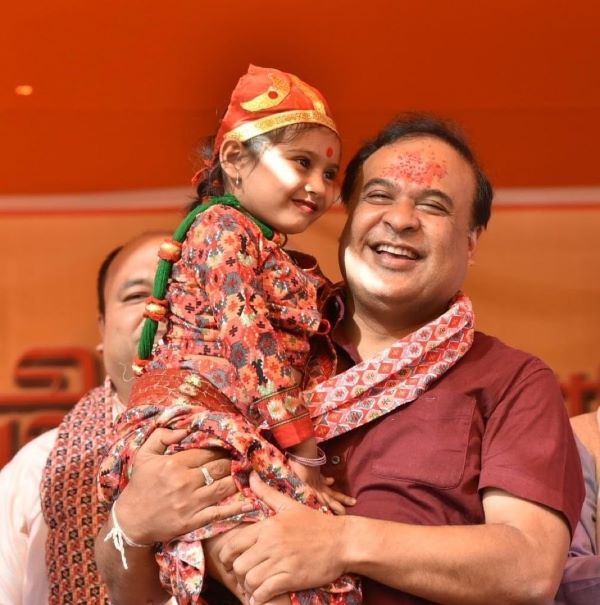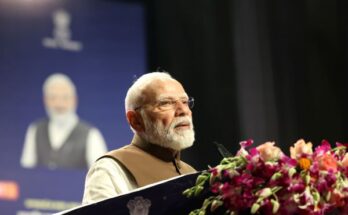
Team News Riveting
When the Bharatiya Janata Party (BJP) made a decisive victory in the Bodoland Council Elections in December 2020, it was almost clear that Himanta Biswa Sarma would have a bigger role in the party.
The 52-year-old leader and the election strategist, who helped the saffron party win in a state that was traditionally a Congress, would be the next Chief Minister of Assam. The BJP legislature party formally elected him as the leader. Sarma, who had planned the election strategy that facilitated BJP to bag 75 seats in Assam and retain power amidst all odds, would be sworn-in tomorrow morning at Sankardev Kalakshetra.
The Bodoland Council polls had however made it clear that Sarma would be the party’s preference for the Chief Minister’s post if it retained power in Assam. A small council poll reflected on Himanta Sarma’s precise political planning! The BJP hardly had any presence in the Bodo region like other parts of Assam before 2016.
Dominated by tribal and indigenous communities, the party needed meticulous planning to make inroads in the Bodo region. In the two-phased polls to Bodoland Territorial Council in December, BJP bagged nine of the 40 seats to emerge as kingmaker, up from the single seat it had won in 2015. Himanta Biswa Sarma led the party’s aggressive campaign despite COVID-19 induced challenges.
The Bodo Council polls was touted as the semi-final to the 2021 assembly election and the BJP proved it needed no ally in Assam and had asserted its presence across the state despite the Citizenship Amendment Act (CAA) brouhaha. Himanta Sarma established himself as a crafty election manager and a politician who understands the pulse of the voter. He has also become a crucial troubleshooter for the BJP, managing its post-CAA turbulence in Assam and the recent political crisis in Manipur.
The BJP had absolutely no footprint in the Northeast to begin with, a region dominated by the Congress and smaller regional parties. Armed with the powerful Modi-Shah combination, Himanta Sarma — the North East Democratic Alliance (NEDA) convenor — set out to capture state after state, and the BJP managed to come to power in six of the seven sisters in the Northeast, either by winning elections, including difficult battles like unseating the Left from its fortress Tripura, or forging alliances.
Sarma quit his parent party Congress before the 2016 state polls following his differences with Tarun Gogoi. The BJP picked up the opportunity and welcomed him in the saffron fold. Now, it recognised it was not a mistake.



